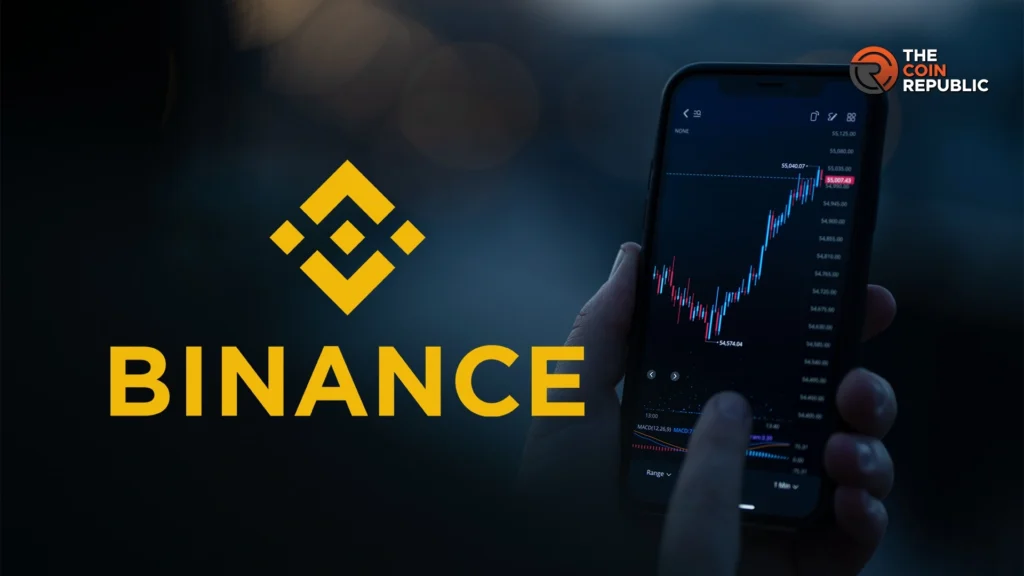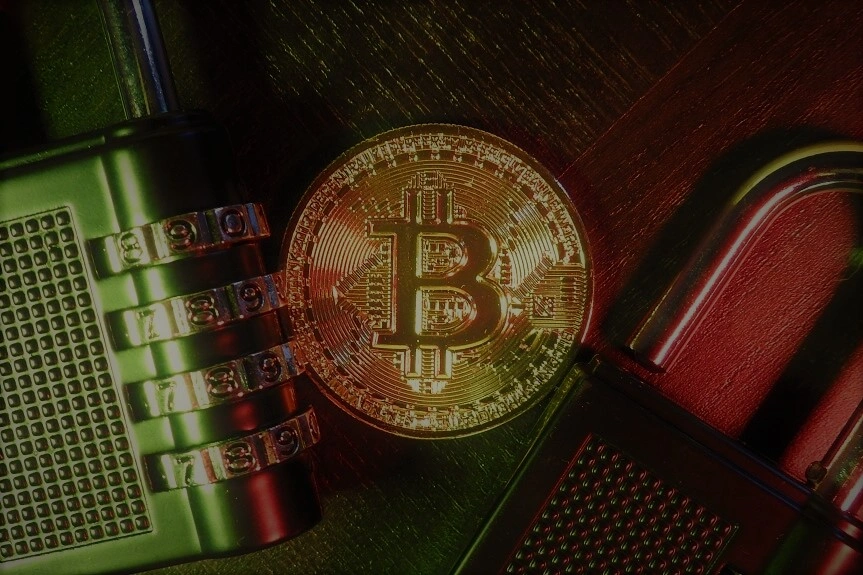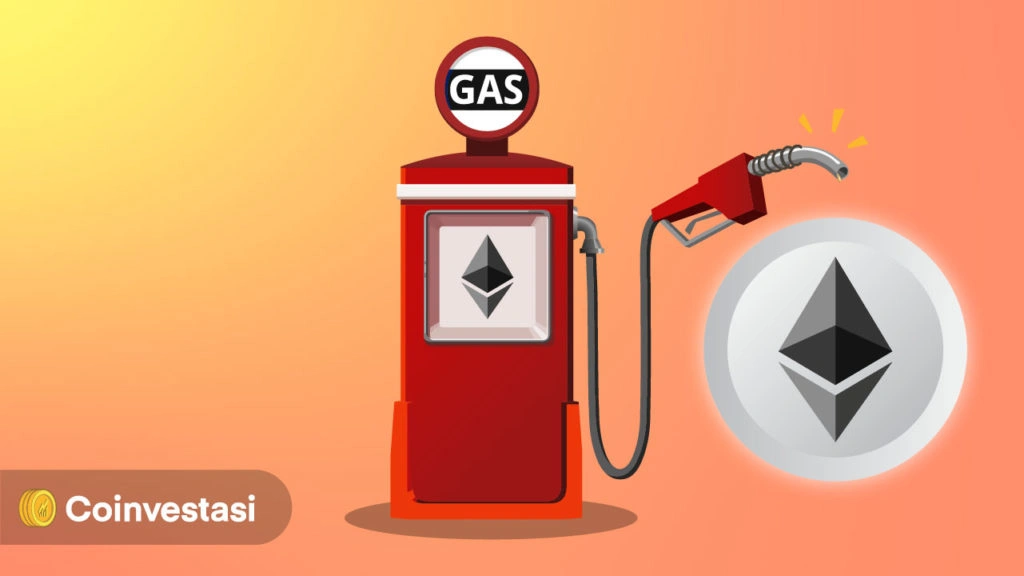If you’ve ever traded crypto, the term CEX vs DEX probably popped up — but what exactly sets these exchanges apart? This article breaks down the top 5 points every trader should know about centralized and decentralized exchanges to help you pick the right platform.
1. What Does CEX vs DEX Mean for Your Crypto Trading?
The phrase CEX vs DEX compares two very different types of crypto exchanges. Centralized exchanges (CEX) like Binance or Coinbase act as middlemen, holding your funds and managing trades. This makes them fast and user-friendly with high liquidity, perfect if you want smooth and quick transactions.
On the flip side, decentralized exchanges (DEX) run on blockchain technology without a middleman. DEXs let you trade directly from your wallet, which means full control but also full responsibility. This appeals to privacy-focused users but can be confusing for beginners.


2. Comparing Security and Control in CEX vs DEX
Security is a major concern when deciding between CEX vs DEX. CEX platforms hold your assets, so you’re trusting them to keep your funds safe — but if they get hacked, you could lose everything. Some centralized exchanges have insurance policies, but not all.
With DEXs, you keep your private keys, which means you have total control over your crypto — but if you lose your keys, there’s no way to recover your funds. This trade-off between convenience and control is crucial when choosing which exchange to use.

3. Fees and Costs Differences
Fees are another big difference between these two exchange types. Centralized exchanges usually have clear and fixed fees, but hidden costs like withdrawal fees or spreads can add up. DEXs charge gas fees for every blockchain transaction, which can become expensive when the network is busy — a factor that can surprise new users.


4. User Experience and Accessibility Differences
User experience varies widely between CEX and DEX platforms. Centralized exchanges typically offer easy-to-use interfaces, customer support, and fiat on-ramps, making them beginner-friendly.
On the other hand, decentralized exchanges may lack polish and support, requiring users to understand blockchain tech better. DEXs usually don’t require identity verification (KYC), appealing to those valuing privacy and anonymity.
5. Which One Should You Choose: CEX or DEX?
The answer depends on your priorities. If you want quick trades, customer support, and simple setups, CEX is probably your best bet. However, if privacy, autonomy, and avoiding intermediaries matter most, then a DEX might be the way to go.
Many experienced traders use both, picking the platform depending on their trading goals and risk tolerance. Knowing the strengths and weaknesses of both CEX vs DEX empowers you to make smarter trading decisions.

Final Thoughts on CEX vs DEX
Understanding the key differences in CEX vs DEX is vital in today’s crypto world. Both have pros and cons, so your choice should reflect your own trading style and comfort level with risk and technology.
Remember, the crypto space is evolving fast — and the best option today might look very different tomorrow. Keep learning, stay cautious, and never rush your decisions.
Relevant news: here






